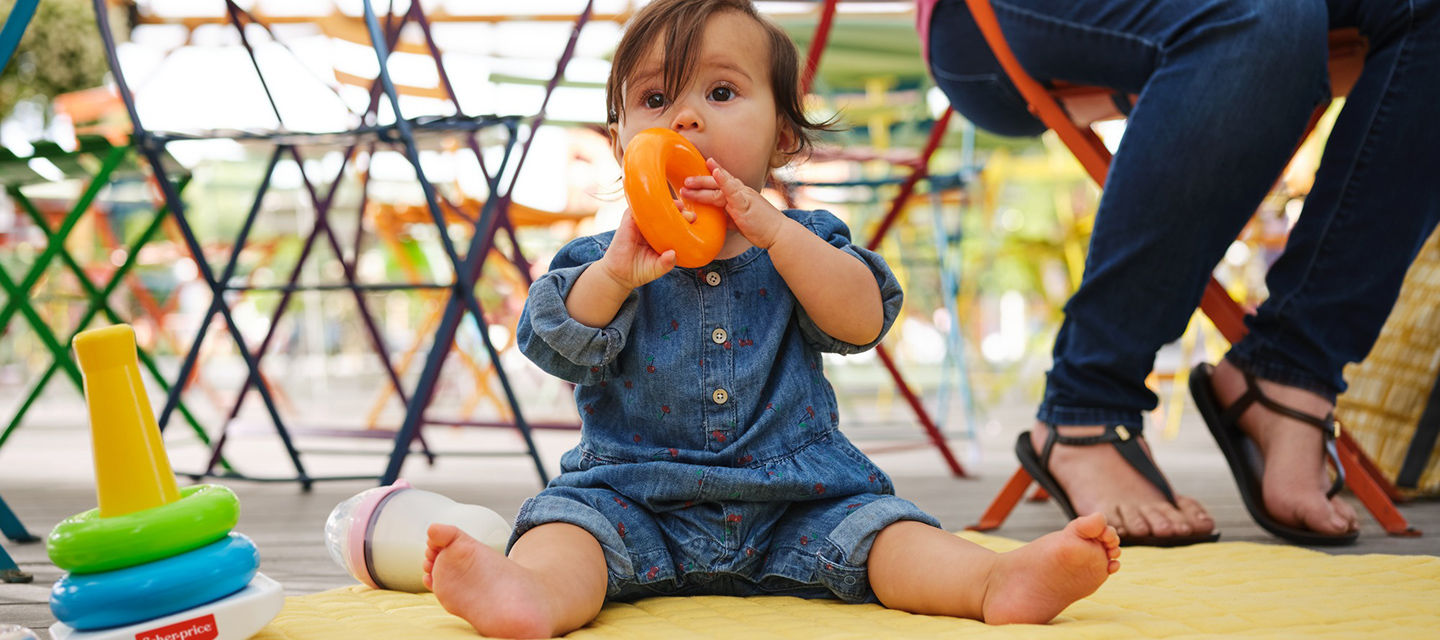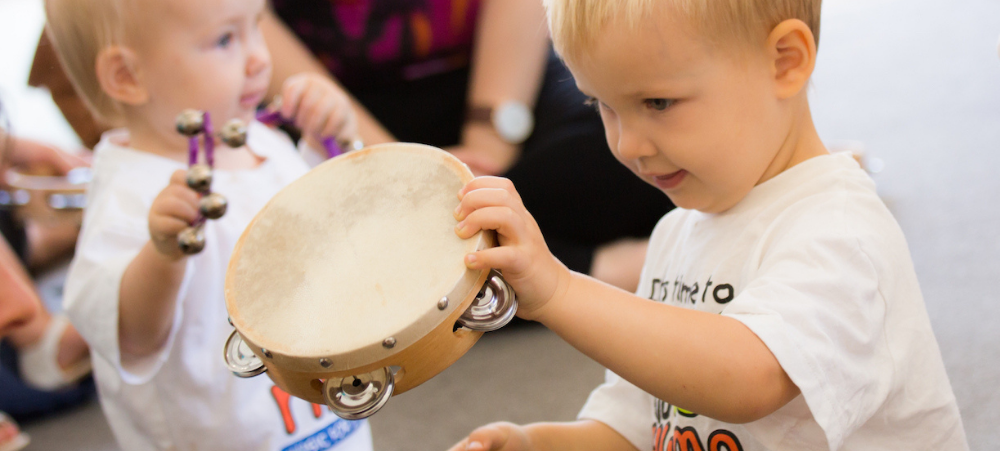There have been many studies that focus on the importance of infant stimulation. It is a well-known fact that impoverished environments, under stimulation and the lack of rich and varied experiences can impair children’s development in all areas. Thus, there are many projects that focus on helping these communities and giving them the tools through training and equipping them to be able to change the cycle.
But what about over stimulation? It has been shown that environments that overwhelm children with stimulation beyond their current capacities interfere with the brain’s potential, much in the same way that under stimulation does.
Our society has become increasingly focused on stimulation. Expensive early learning programs, competitiveness and early achieving have become the norm. We have so over scheduled our children with activities that they do not have time to simply be kids and play. We do not expect a 5 month old to walk or run, why do we then expect a 5 year old to read and write? Many children have not developed or practiced their creativity one should through boredom, as they have not had the chance to be bored. There is actually no evidence that any of this has yielded smarter, better, super babies. In fact, priming infants with stimulation that they are not ready for may cause them to withdraw, thereby threatening their interest in learning and creating conditions much like stimulus deprivation. In addition to this parents may become disappointed when despite the excessive stimulation, their children do not become little geniuses. This creates the danger that parents may view their children as failures at an early age. This in turn could result in infants being robbed of a healthy psychological start while also depriving parents of pleasurable and relaxing interactions with and participation in their children early years.
The question this leaves us with is, what would the best conditions be?
Let kids be kids. Do not put too much pressure on them or expect them to do things that are not age appropriate. The ideal is to provide age-appropriate moderate stimulation in a loving environment with lots of social interactions. This has proven to be much more beneficial than expensive toys and gadgets.
The Skidz Clever Activity boxes provides a program focusing on this exact finding. Each set contains all the equipment needed to complete over 100 activities in each box. The age ranges are as follows:
- 0-6 months
- 6-12 months
- 12-18 months
- 18-24 months
- 2-5 years.
For more info or to purchase your box go to www.skidz.co.za or follow us on facebook at www.facebook.com/skidzsa
- Developmental Milestones…What’s the fuss? - November 25, 2019
- What should my toddler be doing during the day? - August 16, 2019
- The importance of age appropriate stimulation - July 15, 2019






3 thoughts on “The importance of age appropriate stimulation”
Hey there! I have said this so many times to some of my friends who’s kids are in so many activities. Even when my own children were in 2-3 things that seemed like it was too much for them especially during school. We have a rule here where you get one extracurricular activity after school and one extra activity besides school related ones like soccer basketball etc.. and no more. Of course they change bc of the seasons but we only enroll in one seasonal and one after school. I think that is plenty for a child to thrive but not to put too much pressure or over stimulate them. Thank you for this article! I saved it in Pinterest as well so I can easily go back to reference
What a lovely article and I couldn’t agree more – kids need to be kids. They need to play and have fun. Yes there is a time for learning but I truly believe that at a young age they learn while playing and having fun.
Life is so different now from when I was growing up. We used to just open the door and go outside and when we watched TV there were only 3 channels to choose from and no PVR! We used ad breaks to go run to the toilet or grab something to drink
I love the idea of age appropriate activity boxes for kids to offer just the right amount of stimulation.
I totally appreciate the thought behind the article. Thanks for this informative Article.